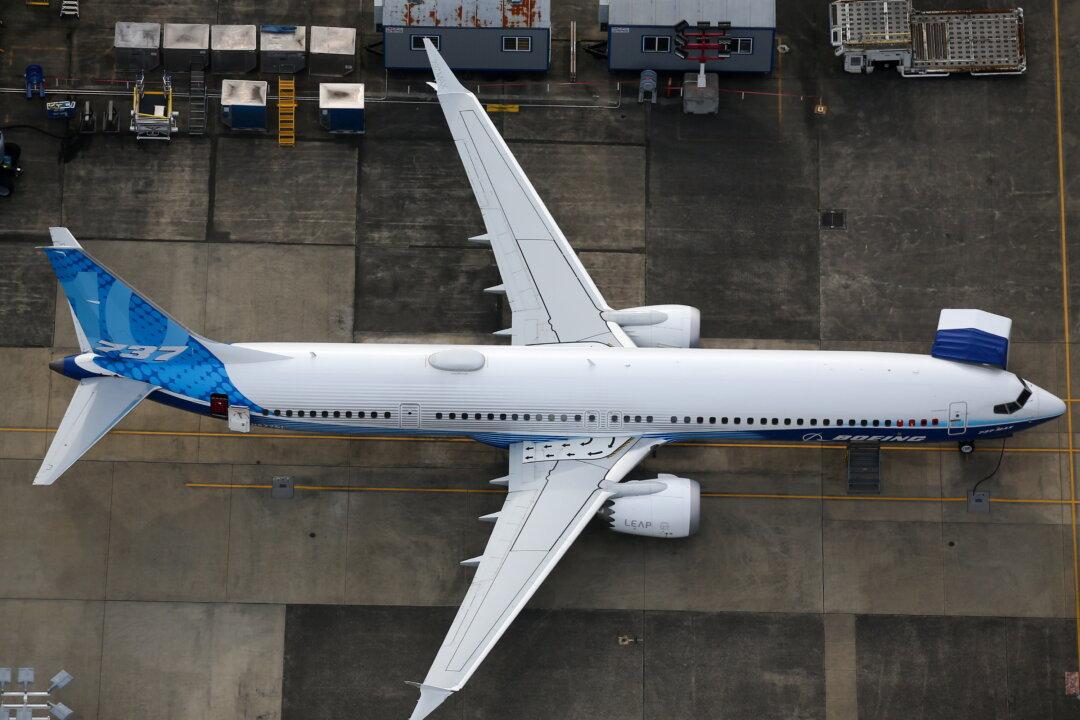The prices to lease aircraft since the pandemic have skyrocketed, as supplies of spare planes remain tight, reported CNBC.
Some in-demand aircraft lease rates are now surpassing the levels in 2019.

Some in-demand aircraft lease rates are now surpassing the levels in 2019.